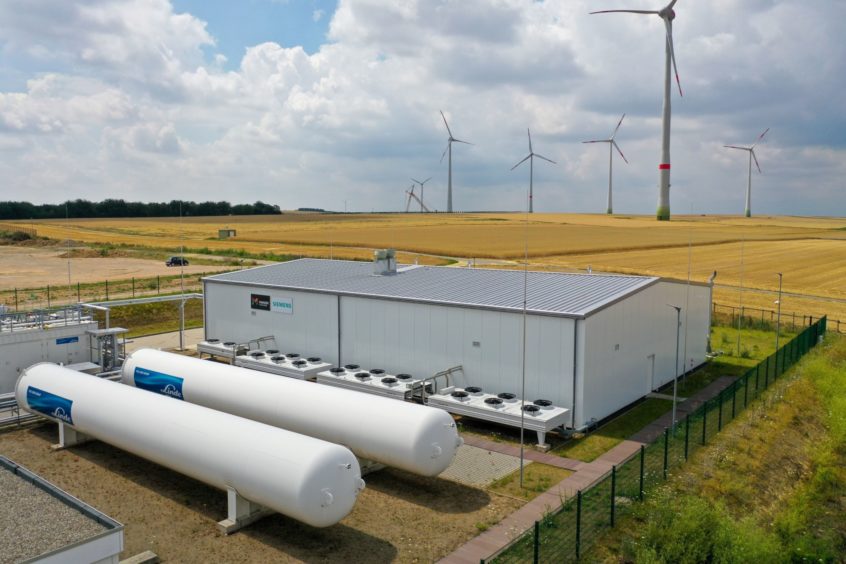
Articles on hydrogen are commonplace in today’s media. Quoted benefits vary but the following list typifies hydrogen claims. They show a compelling case for widespread hydrogen use to support net zero.
The most common element on earth.
It can be synthesised from electricity and water.
It can be stored and used to produce heat and electricity.
The combustion product is water.
When liquefied the energy per unit weight is superior to fossil fuels.
It can deliver power via a fuel cell.
Can be transported using the existing gas grid.
Combusts at a similar temperature to natural gas.
I could put a “but” after each of the above points. More importantly, though, the cost of hydrogen to the consumer is not addressed in the above – surely a key discriminator.
I can see little evidence of a comparison of future household energy costs within the huge amount of media coverage hydrogen receives. Perhaps proponents of hydrogen do not want to go there?
Fast forward a decade or so when it is predicted that hydrogen produced by electrolysis of water will have a lower cost than from CO2 abated fossil reforming.
The electrolysis and hydrogen treatment process is around 60% efficient. That means 40% of the electricity generated from renewable sources is consumed to deliver hydrogen to a residential home.
Contrast that with direct household electrification for heating where the transmission losses will be around 5-10%.
The clear conclusion is that, in the future, hydrogen will cost more than electricity per kWhr.
Compare that to today’s energy tariffs where natural gas is around 30% of the cost of electricity. That is why the vast majority of UK households are heated from natural gas.
Also, the associated hydrogen inefficiencies mean that the wind and solar renewable plant required to produce hydrogen will be larger than that required by electrification.
Furthermore, if we insulate our housing stock and deploy heat pumps the cost differential in favour of electrification is amplified by a factor of three.
The Government’s 10 point net zero plan commits to delivering hydrogen to a town by the end of the decade.
Before the taxpayer funds trials on hydrogen in towns, should we not see the comparative evidence against electrification that demonstrates hydrogen for domestic heating as being good for the UK consumer?
Staying with the ten point plan, it was heartening to see the BEV passenger car receive centre stage.
There was no mention of the hydrogen FCEV for passenger and light vehicles, thus effectively signaling the end of the UK’s interest in hydrogen for the majority of transport emissions.
Much less heartening was the commitment to “enable the delivery of 60% UK content in offshore wind projects”.
Surely we should be aiming for more than 60%?
Tom Baxter is visiting professor of chemical engineering at Strathclyde University and a retired technical director at Genesis Oil and Gas Consultants
Recommended for you
